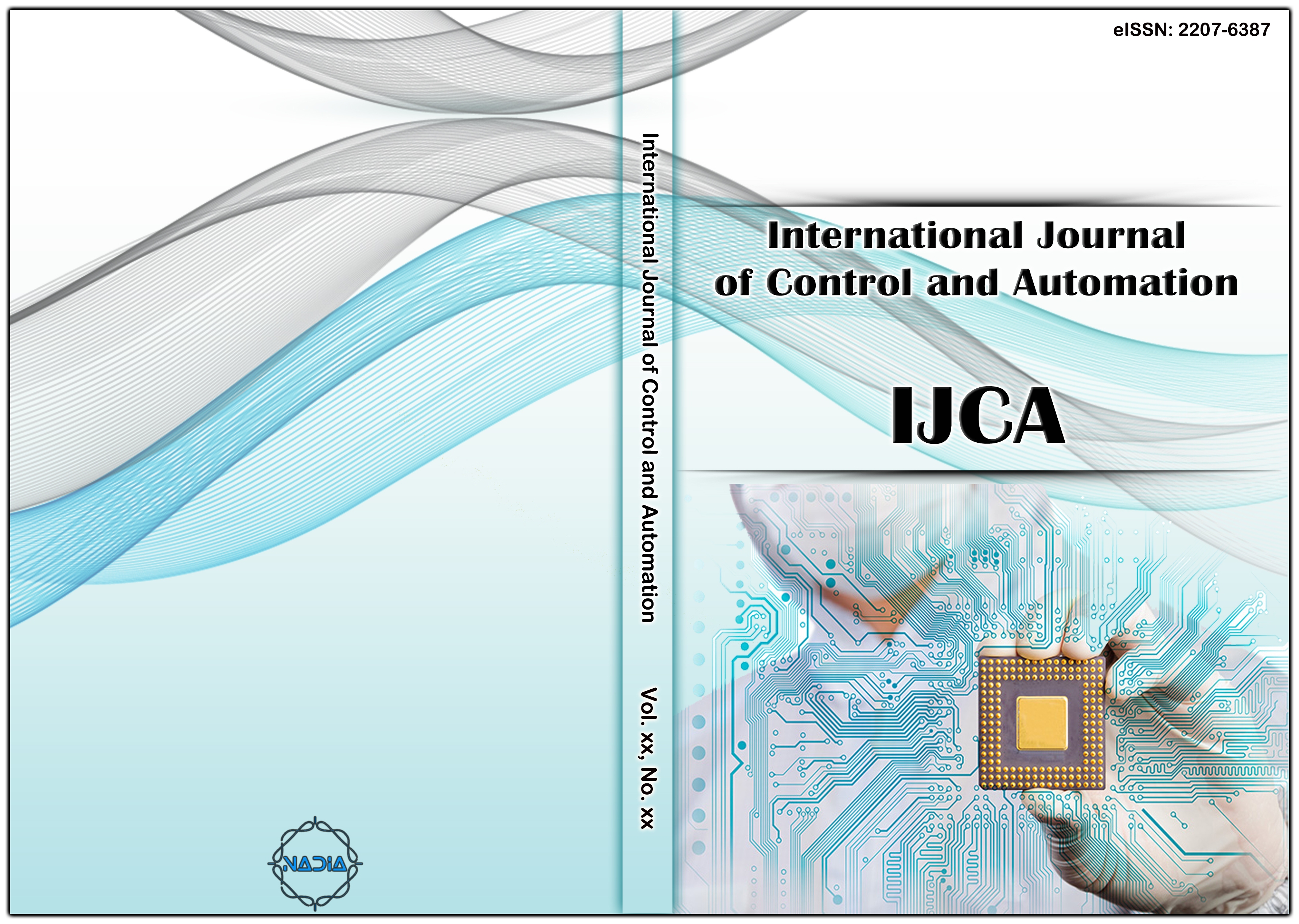[1] Lee, S. K., Y. H. Cho, and S. H. Kim, "Collaborative filtering with ordinal scale-based implicit ratings for mobile music recommendations", Information Sciences, vol. 180, no. 11, (2010), pp. 2142-2155.
[2] Choi, K., "A hybrid online-product recommendation system: Combining implicit rating-based collaborative filtering and sequential pattern analysis", Electronic Commerce Research and Applications, vol. 11, no. 4, (2012), pp. 309-317.
[3] Wei, S., "A hybrid approach for movie recommendation via tags and ratings", Electronic Commerce Research and Applications, vol. 18, (2016), pp. 83-94.
[4] Liu, F. and H. J. Lee, "Use of social network information to enhance collaborative filtering performance", Expert systems with applications, vol. 37, no. 7, (2010), pp. 4772-4778.
[5] Hong, Y. and L. Zhuanyun, "A collaborative filtering recommendation algorithm based on forgetting curve", Journal of Nanjing University (Natural Sciences), vol. 5, (2010), pp. 46-54.
[6] Goldberg, D., "Using collaborative filtering to weave an information tapestry", Communications of the ACM, vol. 35, no. 12, (1992), pp. 61-70.
[7] Resnick, P., "GroupLens: an open architecture for collaborative filtering of netnews", Proceedings of the 1994 ACM conference on Computer supported cooperative work. (1994).
[8] Cornelis, C., "One-and-only item recommendation with fuzzy logic techniques", Information Sciences, vol. 177, no. 22, (2007), pp. 4906-4921.
[9] Adomavicius, G. and A. Tuzhilin, "Toward the next generation of recommender systems: A survey of the state-of-the-art and possible extensions", IEEE transactions on knowledge and data engineering, vol. 17, no. 6, (2005), pp. 734-749.
[10] Nakamoto, R., "Tag-based contextual collaborative filtering", IAENG International Journal of Computer Science, vol. 34, no. 2, (2007).
[11] Gavalas, D., "Mobile recommender systems in tourism", Journal of network and computer applications, vol. 39, (2014), pp. 319-333.
[12] Hammond, T., "Social bookmarking tools (I) a general review", D-lib Magazine, vol. 2, no. 4, (2005).
[13] Xu, Z., "Towards the semantic web: Collaborative tag suggestions", Collaborative web tagging workshop at WWW2006, Edinburgh, Scotland, (2006).
[14] Chiu, Y.-S., K.-H. Lin, and J.-S. Chen, "A social network-based serendipity recommender system", in Intelligent Signal Processing and Communications Systems (ISPACS), 2011 International Symposium, (2011).
[15] Michlmayr, E. and S. Cayzer, "Learning user profiles from tagging data and leveraging them for personal (ized) information access", (2007).
[16] Pérez, L.G., B. Montes-Berges, and M. del Rosario Castillo-Mayen, "Boosting social networks in Social Network-Based Recommender System", Intelligent Systems Design and Applications (ISDA), 2011 11th International Conference on. (2011).
[17] Deng, S., L. Huang, and G. Xu, "Social network-based service recommendation with trust enhancement", Expert Systems with Applications, vol. 41, no. 18, (2014), pp. 8075-8084.
[18] Schall, D., "Social network-based recommender systems", In Data mining for social network data, Springer, (2015), pp. 47-74.
[19] Ye, M., "Exploiting geographical influence for collaborative point-of-interest recommendation", Proceedings of the 34th international ACM SIGIR conference on Research and development in Information Retrieval, (2011).
[20] Seo, Y.-D., "Personalized recommender system based on friendship strength in social network services", Expert Systems with Applications, vol. 69, (2017), pp. 135-148.
[21] Park, J., "An online video recommendation framework using view based tag cloud aggregation", IEEE Multimedia, vol. 99, no. 1, (2010).
[22] Porcel, C., López-Herrera, A. G. and Herrera-Viedma, E., "A recommender system for research resources based on fuzzy linguistic modeling", Expert Systems with Applications, vol. 36, no. 3, (2009), pp. 5173-5183.
[23] Serrano-Guerrero, J., "A google wave-based fuzzy recommender system to disseminate information in University Digital Libraries 2.0. Information Sciences", vol. 181, no. 9, (2011), pp. 1503-1516.
[24] Naseri, S., Bahrehmand, A. and Ding, C., "An Improved Collaborative Recommendation System by Integration of Social Tagging Data", Recommendation and Search in Social Networks, Springer, Cham, (2015), pp. 119-138.
